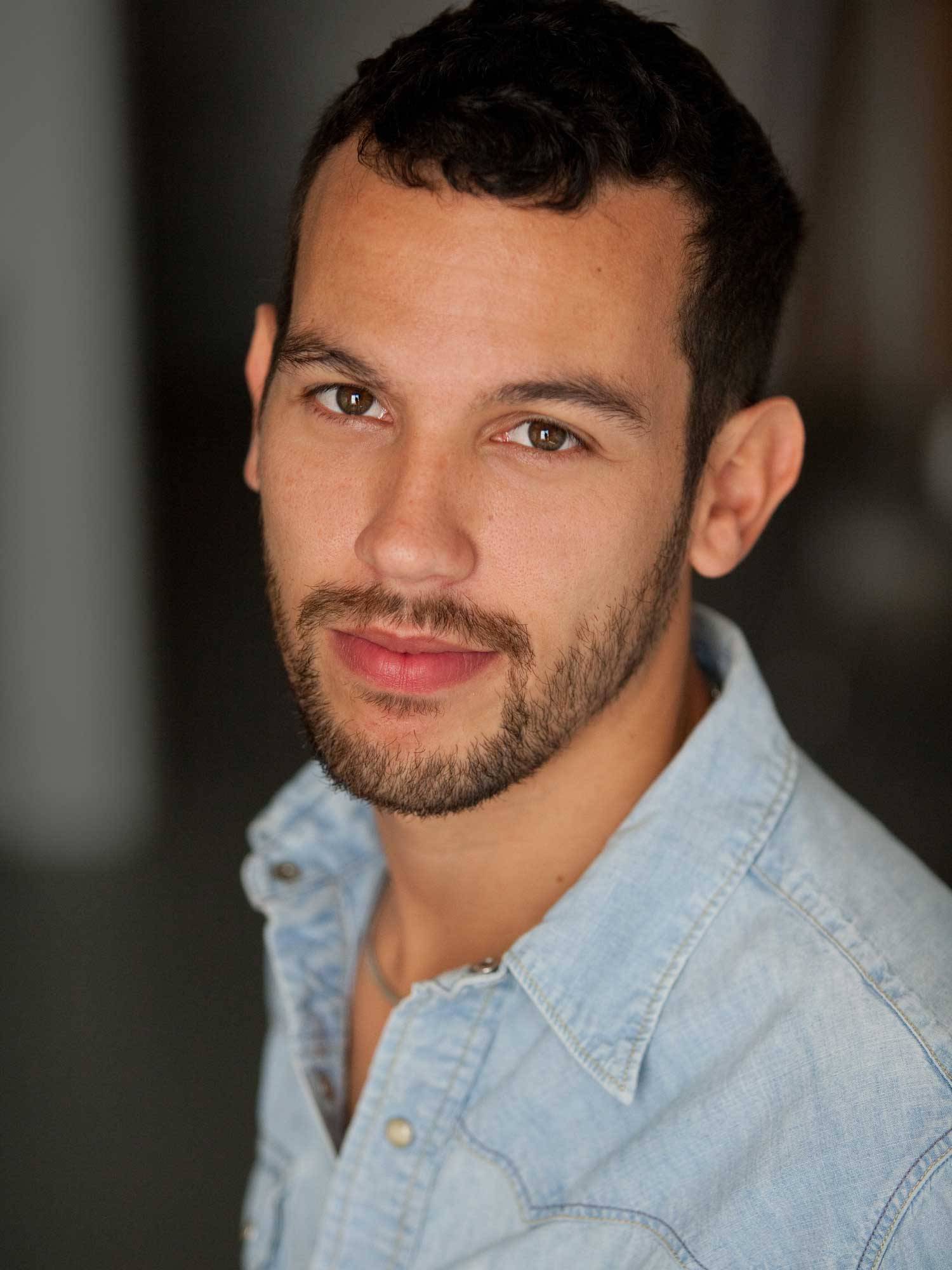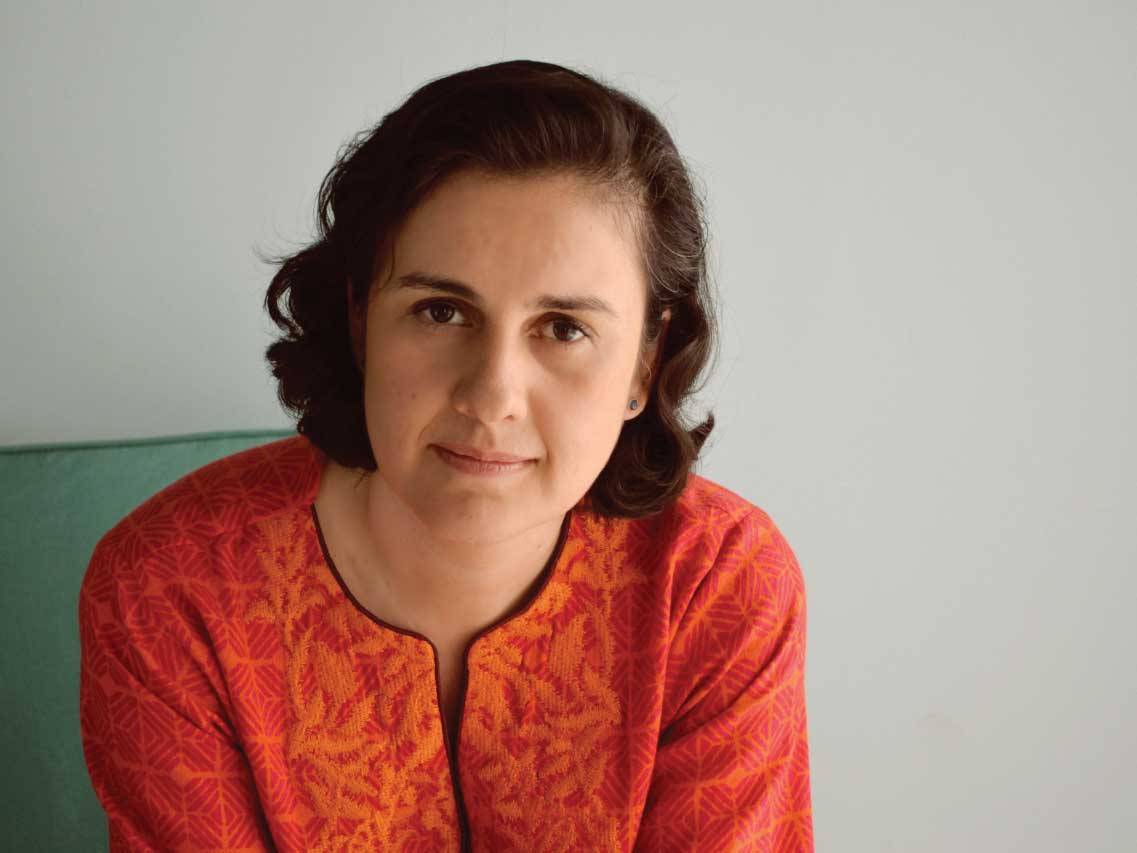Throughout October, three authors from the Living Writers series spoke about their works of poetry and fiction with the Colgate community. Layli Long Soldier, Justin Torres, and Kamila Shamsie brought an acute awareness of their own identities into their works, which resonated with readers who attended their readings and Q&A sessions.
Old Pain, New Words
Long Soldier felt compelled to write Whereas, a collection of poetry, after President Barack Obama signed the Native American Apology Resolution in 2009. The legislation included a disclaimer that prevented it from being used to seek reparations.
From this historical point, Whereas expanded into discussions of motherhood, daughterhood, language, forgiveness, boundaries, and the relationship between land and the body.
Long Soldier first read the title piece from her collection, then explained the importance of acknowledging what her people have called themselves for thousands of years.
“When I say I am Lakota, that is a very different feeling than when I say I am Native American or I am Indian,” she said. “That carries a whole different history.”
Long Soldier’s more recent projects include the use of a star quilt, a cultural memento given on special occasions, to present vertical poetry and generate conversations about the phrase Mitakuye oyasin, which means “we are all related.” She has also revamped the writings of the first published native woman from the northern plains people, Zitkala Sa, as a meditation on literary lineage.
“We are using the same language as she was in her time. I realized the pain that we have — the anger; the lateral violence; and resistance to mainstream law and treaty — is the same,” she said. “It’s old pain.”
Carrying the Pain
On October 10, Torres gave a reading on his own old pain. We The Animals draws heavily from his childhood, and follows the youngest son of a close but abusive Puerto Rican and white family.
Torres lead his talk in a similarly autobiographical manner, reading from a recently published New Yorker piece about his homeless brother’s support of President Trump. The piece spoke about the homelessness crisis with an earnestness that continued as he transitioned to reading from his novel.
Torres also answered questions about the film adaption of We The Animals, which won the Sundance NEXT Innovator Award. He was heavily involved in the film’s production process and worked on it for six years, actively fighting against the Hollywoodization of poverty and attempting to honor the emotional truth and nuance of his story.
“The pain and trouble and all of the hard stuff that’s in this book is coexisting with all of the grace and love and beauty that I experienced at that time in my life,” he said. “I want to learn how to carry it all and carry it a little bit more gracefully. It’s who we are.”
When Identities Collide
At the end of the month, Kamila Shamsie spoke on Home Fire, the required reading for all first-year students and a reimagining of Sophocles’ Antigone. The novel draws on the Greek tragedy’s questions of loyalty — to God, family, or country — while following a Pakistani family living in Britain in the age of ISIS.
Troubled by the government’s response to British men joining ISIS and disturbed by the media’s failure to portray their humanity, Shamsie created the character Parvaiz, a teenage boy who ends up joining ISIS. She looked at genuine ISIS propaganda to reverse engineer the type of person who would leave England and to explore his motivations.
Because ISIS needed civilians just as much as they needed fighters, Shamsie discovered that little of their propaganda was violent, and most of it instead focused on selling a sense of belonging. “It was a fantasy being created that you can be a certain kind of man here,” she explained.
In humanizing ongoing political conflicts, Shamsie emphasized her interest in unanswerable questions and the intriguing results of colliding identities.
“The driver of this tragedy is these two things coming together: terrorist activity and governments responding in the worst possible way that increases marginalization and discrimination of particular groups,” Shamie said.
This month, Living Writers features authors Alexander Chee, Terry Tempest Williams, and Colgate’s own CJ Hauser. Watch online or live stream during the event itself. More information about the series can be found at colgate.edu/livingwriters.



